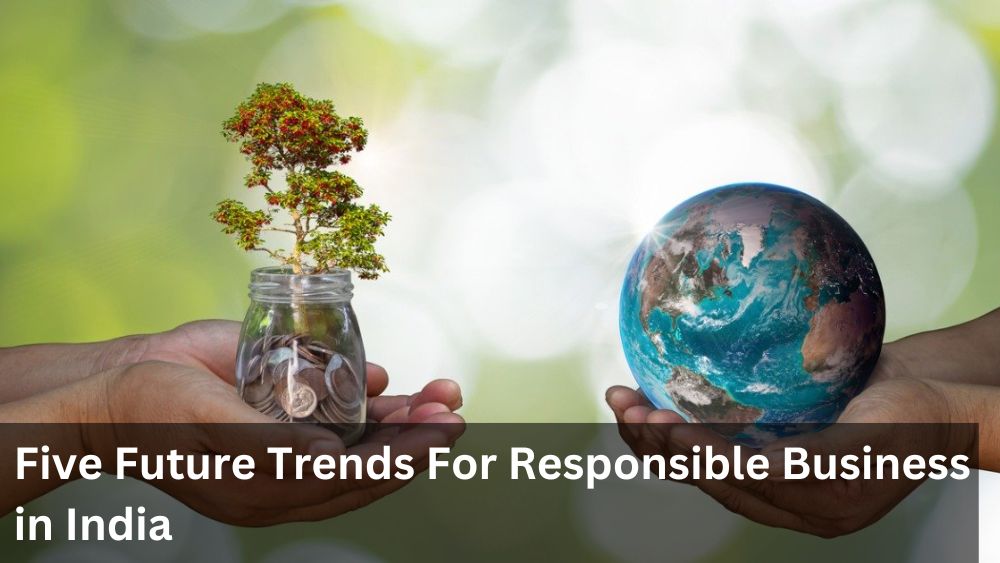It is always with humility that international assessments can or should be made from outside of a country.
However, my association with the Centre for Responsible Business in Delhi and in my years leading global moves towards integrated reporting (now merged in to the new global body setting corporate sustainability reporting standards), I had the privilege of working with a number of major Indian conglomerates including the Tata Group, Reliance Industries, Mahindra & Mahindra, ITC, Wipro and YES Bank, as well as with Indian accountancy institutes, the Confederation of Indian Industry and the Asian Centre for Corporate Governance & Sustainability.
This prompts me to take current and likely future international developments in Responsible Business Conduct and – with humility – to suggest five potential future trends for business responsibility in the great country which is India:
- Net zero pledges
- A switch in focus from CSR spending to developing sustainable business models.
- Addressing global sustainability standards.
- Exponential growth in India’s domestic market for Sustainable Finance.
- Can Aatmanirbhar Bharat lead to a new development model shared by other countries?
“NOTE: The views expressed here are those of the authors and do not necessarily represent or reflect the views of CRB.”
[1] https://www.un.org/en/observances
[2] https://www.un.org/en/global-issues/youth
[3] https://documents-dds-ny.un.org/doc/UNDOC/GEN/N00/246/20/PDF/N0024620.pdf?OpenElement
[4] https://press.un.org/en/1998/19980812.soc4472.html
[5] https://www.un.org/development/desa/youth/what-we-do/international-youth-day.html
[6] https://www.un.org/en/global-issues/youth
[7] https://www.un.org/development/desa/youth/what-we-do/international-youth-day.html
[8] https://www.un.org/en/observances/youth-day
[9] https://www.un.org/sustainabledevelopment/development-agenda/
[10] https://sdgs.un.org/goals












































































































